can cats drink coconut milk
 Can Cats Drink Coconut Milk? - Cat Beep
Can Cats Drink Coconut Milk? - Cat BeepCan cats eat coconut? The Truth Behind the Treasure of the Earth! Coco, while delicious, can cause some culinary confusion. Technically a fruit, a nuts and a seed at once, the coconut is harvested from trees and processed in different food products, including coconut meat, coconut water, coconut milk and coconut oil. The variety can be overwhelming even when you're feeding, much less when you're trying to decide whether to share a tropical gift with your feline friend. Can cats eat coconut? Which of the many types of coconut coconuts, if any, are sure that cats consume? Fast navigation Can cats eat coconut meat? In broad strokes, coconut is not poisonous for cats, but it can be unhealthy for them. If your cat wanders up when you're getting into some cracked coconut meat, the white and fleshy part of the coconut, folding the curiosity of the kitten with a small taste probably won't hurt. Many cats like the taste of the coconut, so your hairy friend can be very grateful. Note, however, that the oil in the coconut could alter the digestive system of your cat and cause diarrhea, rewarding your generosity with an unpleasant disorder to clean up later. On the other hand, letting your cat have more than occasional taste could cause more serious health problems. Coconut is a high-fat food, and too much fat in your cat's diet can lead to difficult to treat and potentially fatal diseases such as pancreatitis and liver lipidosis, or fat liver disease. As with so many things, moderation is key. And, as the video below shows, some cats like the taste of the coconut. Can cats drink coconut milk? Coconut milk is made by soaking coconut meat in water and then strain. In human cuisine it is sometimes used as a substitute for cow's milk, so if you already know that cats lack the enzymes necessary to decompose lactose and not consume dairy, you may wonder if offering your kitten a dish full of coconut milk could be a conscious way of health to revitalize the old cliché. Unfortunately, since coconut milk is made of coconut meat, it also contains large amounts of fat. The same rules apply here as with solid coconut: you can give your cat a little now and then while the risk of diarrhea doesn't bother you too much, but overdoing it could seriously damage your cat's health. What would lead a person to think that coconut milk is safe for cats? For one, it is a dairy alternative, and we all know that cats like dogs are lactose intolerant. From that point of view, coconut milk would seem to be the perfect fit. Second, the coconut has a high nutritional value for us, humans. In addition to being high calories, it also contains high amounts of uric acid. Lauric acid not only gives us energy, but also has antiviral and antibacterial properties. It is also able to lower our blood pressure and cholesterol levels, as well as help with the magnesium absorption rate in our bodies that decreases the strain on the muscles of our body. Knowing such benefits, anyone would eventually wonder if the same is true with his furious friend. Cats cannot digest coconut milkThe lines are mandatory carnivores, which means they get all the nutrients they need from the meat and they do not possess the enzymes necessary to digest anything else. Kittens on the other hand can survive in milk in their early days, however as they age, they will eventually lose the enzyme needed to digest lactose. Coconut milk can be lactose-free, but be aware that it is high in fats and oils that a cat's digestive system cannot handle. In addition, coconut milk is a plant-based protein; felines cannot digest this as well. Can cats drink coconut water? Coconut water is a liquid that is found in green coconuts, without aripe. Unlike other coconut products, it does not contain much fat. What it contains is high amounts of potassium. For humans, this is considered one of the benefits of drinking, as potassium can help lower blood pressure. The amount of potassium in coconut water can be too much for cats and can cause hyperkalemia, a toxic excess of the mineral that acidifies the blood of your cat and impacts the function of the heart. For this reason, not giving your pets coconut water. Coconut milk breaks in catsThe lines that drink coconut milk regularly run the risk of obesity. In cats, obesity has been linked to several that include: In addition, coconut milk has a laxative effect on your furious friend causing loose feces, which is very uncomfortable for them and a disaster for you. Beyond that, it will lead to dehydration and worse case scenario, your beloved pet will suffer more serious illnesses even death. What should cats drink? Fresh water. It helps in digesting the nutrients of your food. This is the best drink for your faithful companion. Is coconut oil good for cats? Some humans use coconut extracted oil in home remedies, and holistic veterinarians argue that coconut oil can also be healthy for cats. Applied externally, coconut oil can treat skin conditions like dermatitis. Cats can also be fed as a treatment for diseases as varied as hair balls, arthritis, stomach problems and poor breath. Despite its possible benefits, giving coconut oil to your cat comes with the same health risks as giving coconut meat or coconut milk: it can cause stomach discomfort and diarrhea, and its high fat content makes it dangerous in excess. Even proponents of a regular health supplement advise to start slowly and be careful not to overlay it. Just be aware that if your cat is having health problems you think coconut oil could help with, you should check with your veterinarian before treating the problem on your own. Does your cat have too much coconut? At this point, you've probably noticed a pattern: most coconut shapes are safe for cats to eat while not eating too much. But how much is too much? If you are worried that your cat may have consumed more than a safe amount of coconut or other high-fat foods, learn the symptoms of pancreatitis and fat liver disease so you can be in the lookout. Pancreatitis is an inflammation of the pancreas, an organ that produces enzymes necessary for digestion. Symptoms include lethargy, low body temperature, a dough in your cat's abdomen and jaundice: a yellowing of the skin, eyes, or mouth. A particularly common and remarkable symptom is the loss of appetite. If your cat suddenly refuses to eat for a whole day, you must immediately seek the advice of a veterinarian, just to be sure. Hepatic fat disease occurs when fats accumulate in the liver faster than it can decompose them, damaging the organ's ability to perform its many vital functions. It is usually a complication of some other underlying condition, pancreatitis is a possible cause. Some of your symptoms overlap with pancreatitis, including loss of appetite and jaundice. Other symptoms include fast weight loss, vomiting, diarrhea, constipation and drooling. Both diseases have other possible causes beyond excessively fat diets. For example, pancreatitis may result from physical trauma or parasitic infection, and fat liver disease may be a complication of diabetes or cancer. Even if you keep your cat in a lean diet, it couldn't hurt to know the symptoms so you can take your cat to the vet if you see them. Conclusion To sum up everything, can cats eat coconut? Yes, in moderation. As we tend to treat our dear pets as babies, they need a constant sustenance of fresh water and meat. Coconut meat, coconut milk and coconut oil are safe for cats in moderation, although they can cause minor digestive problems such as diarrhea. However, they are all high in fat, so overfood can lead your cat to develop serious diseases. Coconut oil may have therapeutic qualities for cats, but exercise caution when using it as a home remedy. If you're worried about your cat's fat intake, know the symptoms of pancreatitis and fatty liver disease and look out. You should not give your cat coconut water to drink, as it contains too much potassium. Can cats eat coconuts? They love the softly sweet and creamy flavor of the fruit, so don't hesitate to give your cat a little coconut in moderation. Coconut meat is too hard for most cats to eat unless it has been reduced. If your cat likes the taste of coconut but can't eat crumpled coconut, they can still enjoy the flavor in other ways! Is the coconut safe for cats? Small amounts of coconut and coconut-based products should not cause serious damage to pets. However, fresh coconut meat and milk contain oils, which can cause diarrhea, loose feces and stomach discomfort. Due to the high level of potassium in coconut water, pets should not consume this either. Can cats eat coconut ice cream? Coconut cream is basically the same as coconut milk, but it has less water to give it a thicker consistency. So no, it's not good to give your cats coconut ice cream. Can cats eat coconut yogurt? If your cat does not yet seem to tolerate yogurt made of cow's milk well, yogurt without sugar made of coconut milk is a great way for your cat to get probiotics and calcium, although it lacks the protein of your cow counterpart. Related publications: A great animal lover, born and raised around dogs, cats, chickens... Self-educated pet care. Currently father of three adopted cats and a small mutt. Defender of animal adoption. Love a good book (on animals) and play the piano. Download Copyright 2021 by FelineLiving.net - Designed by Silence Join our newsletterJoin our mailing list to receive the latest memory, news and other updates from our team. You're in! We promise not to share your information. We're all honest here.

Can Cats Drink Coconut Milk Safely?
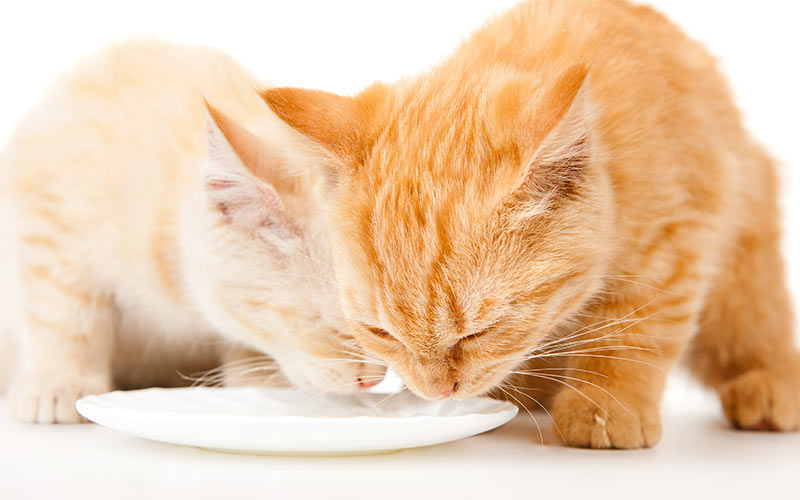
What Kind Of Milk Can Cats Drink, And Should Cats Drink Milk At All

Can Cats Drink Coconut Milk? What You Need to Know! - ExcitedCats

Can Cats Drink Coconut Milk? What You Need to Know! - ExcitedCats

Can Cats Have Coconut Milk? Unfortunately Not and Here's Why - Upgrade Your Cat

Can Cats Drink Coconut Milk? - TooCoolCats Cat Food Tips
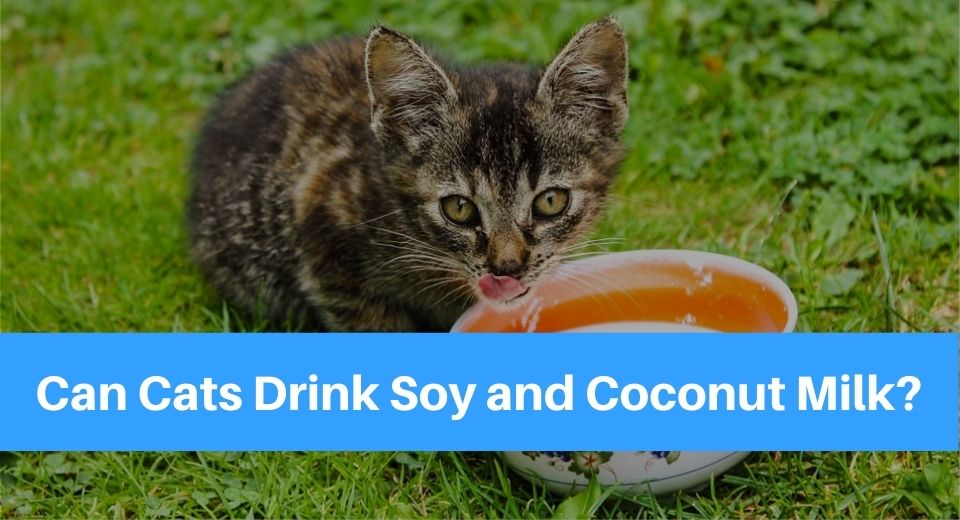
Can Cats Drink Soy and Coconut Milk?

Can Cats Drink Coconut Milk? What You Need to Know! - ExcitedCats

Can Cats Drink Coconut Water? | Pet Love That

Can Cats Drink Coconut Milk? - Cat Kingpin

Can Cats Have Coconut Milk? Unfortunately Not and Here's Why - Upgrade Your Cat
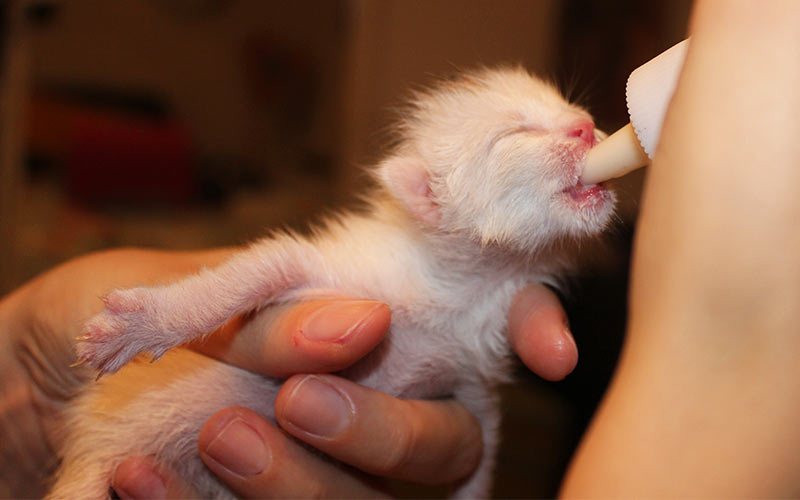
What Kind Of Milk Can Cats Drink, And Should Cats Drink Milk At All

Can Cats Drink Rice Milk? What You Need to Know

Can Cats Eat Coconut? 9 Interesting Facts
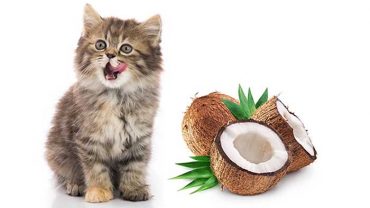
Can Cats Eat Coconut? How About Coconut Oil?

Can Cats Eat Coconut? 9 Interesting Facts

Can Cats Eat Coconut? How to Feed It? - Best Tips for Pets, Baby, Kittchen

Cats Bite - Page 3 of 5 - Everything About Cats

Can Cats & Kittens Have Soy Milk? What happens if they do?

Can cats drink Coconut Milk?
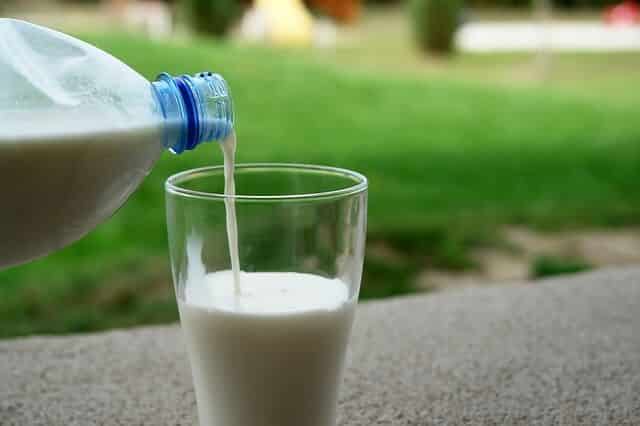
Can Cats Have Coconut Milk? Unfortunately Not and Here's Why - Upgrade Your Cat

Can Cats Eat Coconut? How to Feed It? - Best Tips for Pets, Baby, Kittchen

Can Cats Have Coconut? > Live Long and Pawspurr

Can Cats Eat Coconut? Facts About Coconut, Cats and Coconut Oil
/GettyImages-990264426-f631357e13614ea18627c75f182ae2aa.jpg)
Can Cats Eat Coconut?
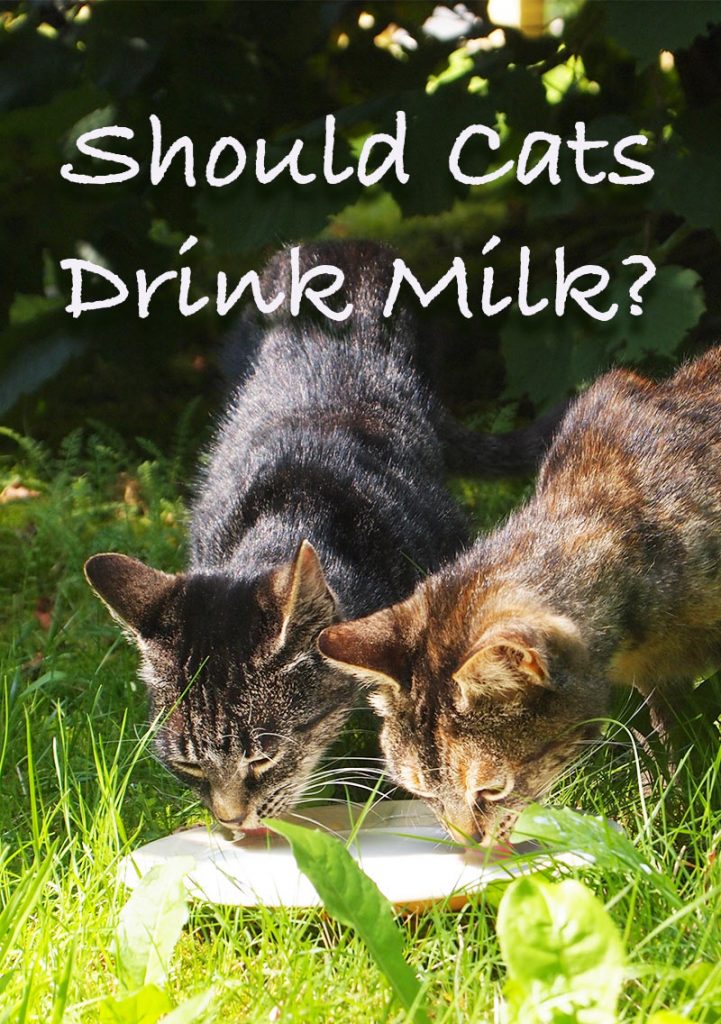
What Kind Of Milk Can Cats Drink, And Should Cats Drink Milk At All

Can Cats Eat Coconut? 9 Interesting Facts

Cat Drink (Page 6) - Line.17QQ.com

Can Cats Drink Coconut Milk? What You Need to Know! - ExcitedCats

Is It Okay For Pets to Drink Lactose Milk? – Smartpaw Pet Online Store
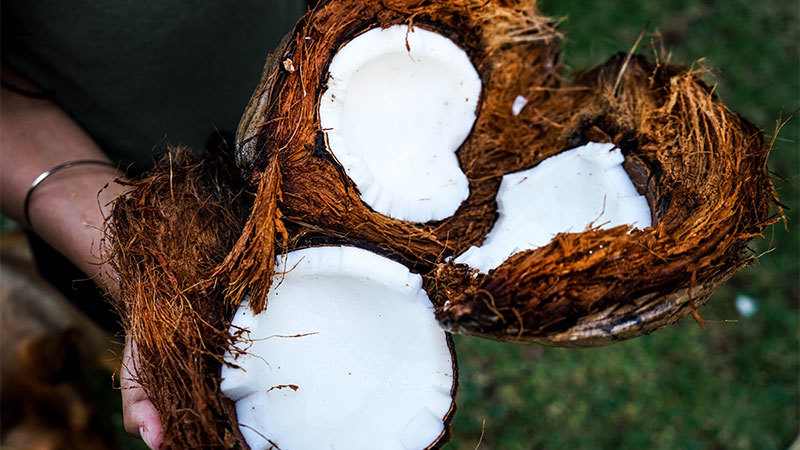
Can Cats Eat Coconut? Everything You Need To Know! | All About Pets

Almond Milk For Cats: Can Cats Drink Almond Milk?

Can cats drink human milk - Is it OK? | Kitty Cats blog

Can Cats Eat Coconut? - Pets Byte

Can Cats Have Coconut Milk? Unfortunately Not and Here's Why - Upgrade Your Cat

Can Dogs Drink Coconut Milk? (Health Benefits Guide) - Oodle Dogs

Can You Give Cats Milk? | Great Pet Care

Can Cats Have Coconut? > Live Long and Pawspurr

Can Cats Drink Milk? What Kind Of Milk Can Cats Drink? | PetShoper

Can Cats Eat Coconut? 9 Interesting Facts
Posting Komentar untuk "can cats drink coconut milk"